



“The (entertainment) industry,” Kirsten Schaffer, CEO of the Los Angeles-based advocacy organisation, Women in Film, once said, “is a deeply entrenched system that prioritises people who have done it before, and most of those people are men.”
Here is a not-so-comprehensive list of women, in the Western entertainment industry, in Hollywood and Europe, who have broken the glass ceiling, ensured they were seen and heard, stood up against unfair practices, and created a space for future women to thrive.
These women should act as inspiration to many powerful female celebrities closer home, who shirk away from being associated with that word. While actor Neena Gupta claimed, on an unintelligent, uninformed but uber-popular YouTube podcast: “It’s not necessary to believe in faltu (useless) feminism or the idea that ‘women are equal to men’. Women need men”, actor Deepika Padukone said in an interview, “I don’t think women can succeed without men and I don’t think men can succeed without women. I think we need to rephrase the definition of feminism.”
Feminism doesn’t need rephrasing, it needs a greater understanding, with empathy, instead of a bad rap. What modern feminism demands is not equality but equity and parity. As Yoko Ono, a foremost experimental artist and wife of Beatles’ John Lennon, had said, “Equality is a very strange word, because we are basically not equal, none of us are. We want justice, not equality. I, myself, do not want to be equated with men, I want to always be me.”
1. Jane Fonda
The two-time Oscar-winning actress and women’s rights campaigner, daughter of actor Henry Fonda, has been, in her own words, “a late bloomer” when it came to feminism. It took her 30 years since the 1970s. Not until she was in her 60s that she really understood the Women’s Liberation movement. She “decided…to locate the multiple ways in which I had internalised sexism and the profound damage that it had done to me...to heal the wounds patriarchy had dealt (her)…and become a whole, full-voiced woman.” She went from viewing women’s issues as a distraction from more important problems to the realisation that “women are the issue, the core issue”. Reclaiming her image as an object of male desire imposed on her by men to being self-aware and free from male-ordained diktats.
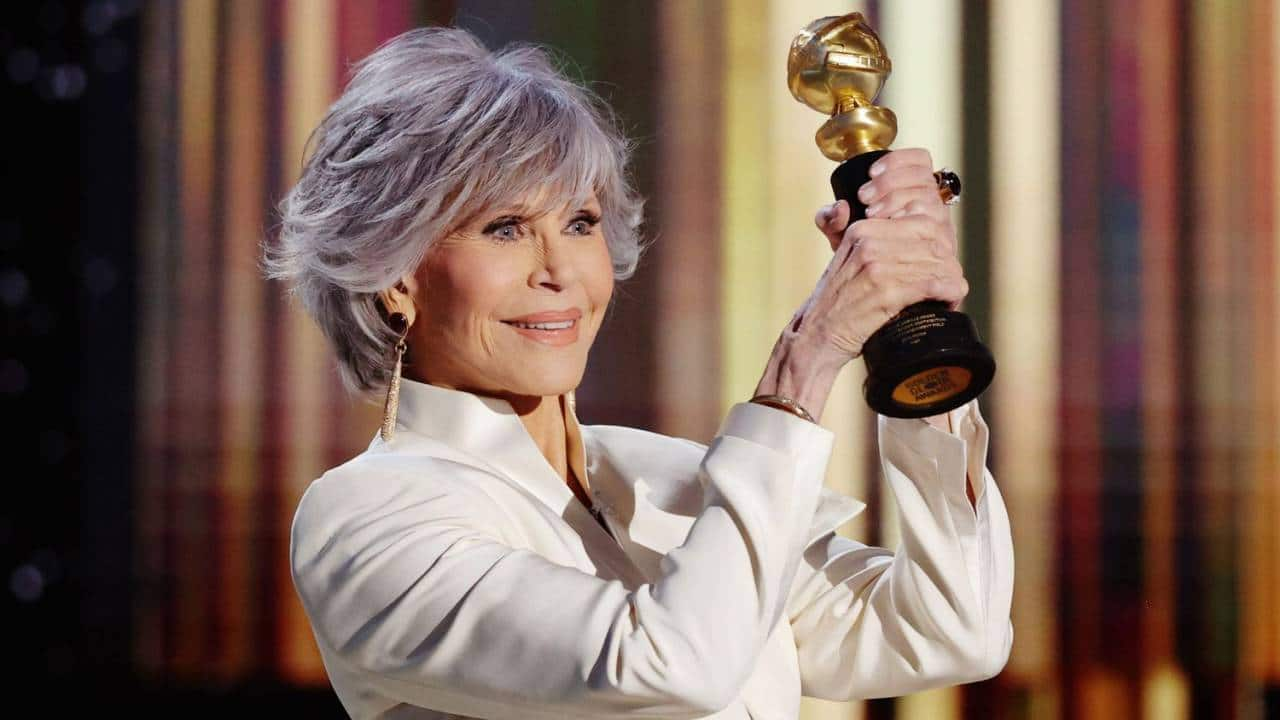 Jane Fonda. (Photo: X)
Jane Fonda. (Photo: X)
She was a prominent opponent to the Vietnam War and civil rights activist before becoming a supporter of feminist causes. Fonda said that although she supported female candidates, brought gender issues into her film roles, produced women-centred films, and made exercise videos to help women get strong physically, her feminism was theoretical: “in my head, not my blood and bones”. It was “scary” for her. Even her father would send her stepmother to instruct her to lose weight and wear longer skirts. Fonda has been involved in the V-Day movement, which works to stop violence against women and girls. In 2001, she established the Jane Fonda Center for Adolescent Reproductive at Emory University in Atlanta, to help prevent adolescent pregnancy. The Grace and Frankie actor has said, “You need women elected to office, you need movements in the streets, you need social media, you need every single form of social protest and speaking truth to power that’s possible.” And a woman leader must lead “as a woman and not as a man in skirts” who thinks she needs to prove she’s not weak, she said. “To bring her woman-ness to her leadership style: empathy, compassion and someone whose head and heart are not bifurcated.”
2. Geena Davis
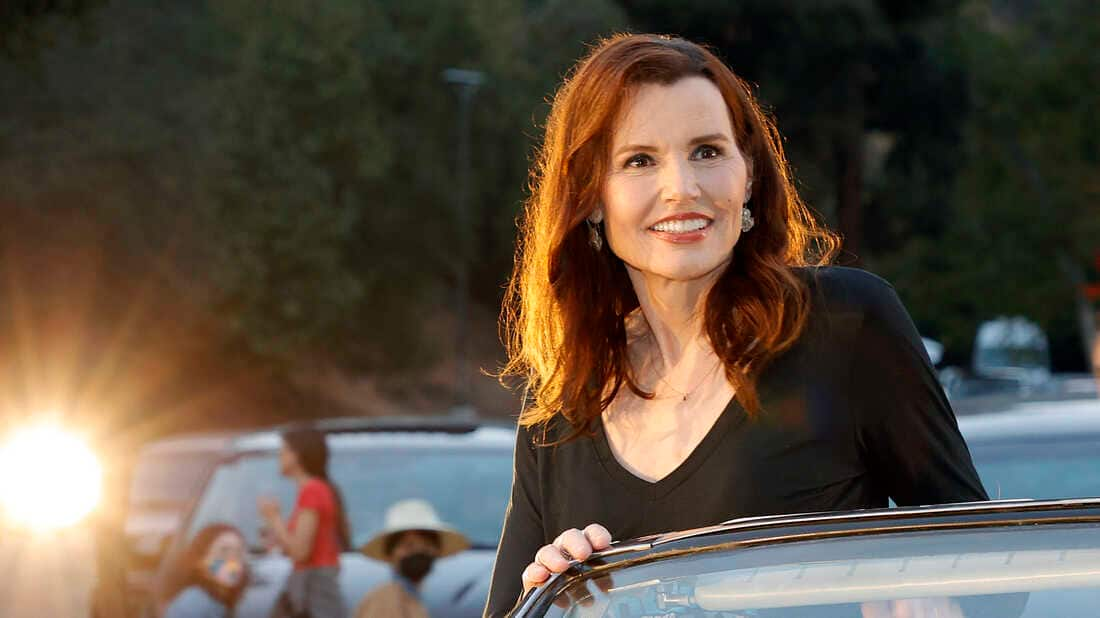 Geena Davis. (Photo: NPR via X)
Geena Davis. (Photo: NPR via X)
In her memoir Dying of Politeness (2022), the Thelma & Louise actor Geena Davis, 68, admits how women lead dual lives, how she’s “been blessed to practice living a different life onscreen — a bolder, freer, and more authentic on than her own…that boldness rubbed off on me, and transformed me into a fledgling — then full-fledged badass.” It is a thing that women being vocal about their own and others’ rights are labelled with a take-no-prisoner badassery. The two-time Academy Award-winning actor took it in her stride. Davis, who didn’t embrace motherhood until her 40s, founded the Geena Davis Institute on Gender in Media two decades ago, in 2004, to help “mitigate unconscious bias while creating equality, fostering inclusion and reducing negative stereotyping in entertainment and media” of “marginalised groups within six identities: gender, race/ethnicity, LGBTQIA+, disability, age, and body type”. The institute has amassed the largest body of research on gender prevalence in family entertainment, spanning more than 30 years, and, now, to be more inclusive and diverse, Hollywood swears by their reports.
To reiterate her organisation’s raison d’etre: “The stories that we choose to tell in entertainment media send a specific message about who matters most in our culture. A global culture change can only be stirred if children see diverse, intersectional representations of characters in media to reflect the population of the world — which is half female and very diverse — and avoid unwittingly instilling unconscious bias in them. Doing good is also good for business!”
3. Oprah Winfrey
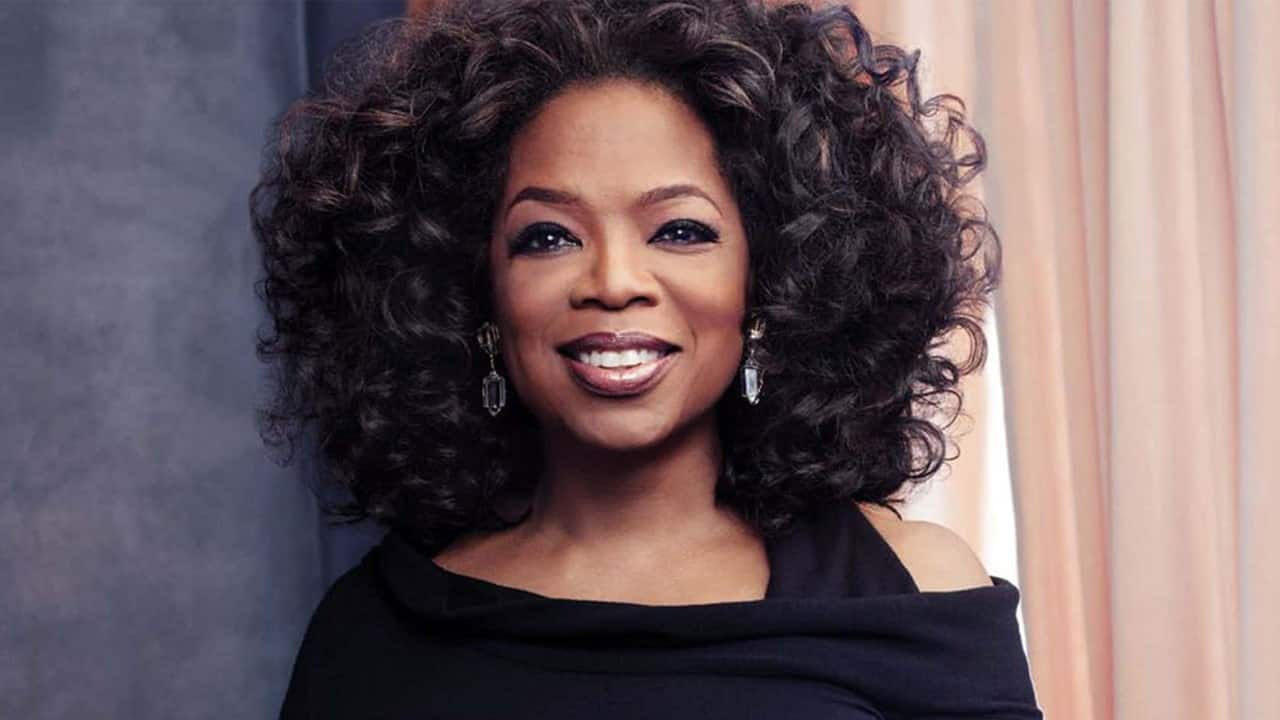 Oprah Winfrey. (Photo via LinkedIn)
Oprah Winfrey. (Photo via LinkedIn)
“We women people are used to saving the world,” said the “Everywoman” in one of her videos. Before hosting “The Oprah Winfrey Show,” in Chicago from 1986 to 2011, which brought a diverse group of women as guests and tackled issues affecting women, such as domestic violence, body image, and equal pay Winfrey was struggling to launch her career at a local television station in Baltimore, Maryland. There, in the late 1970s, she found out that her co-host Richard Sher was earning more than she was. When she demanded equal pay, her male boss counted the reasons why her male co-host should get paid more: because he had to pay for his home and child’s college and she didn’t even have children or own a house. Winfrey knew she was done working there and walked out of the office.
Sexually abused as a young girl, Winfrey, a talk show host, philanthropist, and CEO worth $2.9 billion according to Forbes in 2018, went on to become among the most powerful African American women in the US and the first Black American female billionaire. The proof of the global popularity of The Oprah Winfrey Show, highest-rated television program in history, is that it made Oprah a household name and birthed the “Oprah Effect”, which means that a recommendation from Oprah turned many fashion and lifestyle products into multimillion-dollar companies. With her longstanding career in media and activism, Winfrey has used her platform to advocate for women’s rights and gender equality, amplifying the voices and experiences of women of colour.
As a media executive, Winfrey produces content that highlights women’s stories and champions their achievements. Her partnership with Apple TV+ to produce documentaries on women’s rights, such as Toxic Workplaces is an extension of her ongoing commitment.
The year 2018 saw three landmark pro-women incidences. 1) Iceland made the gender pay gap illegal. Any company or government agency in Iceland employing over 25 people needs to get government certification proving they are paying their male and women staff the same. 2) The Time’s Up campaign: After the allegations of the #MeToo movement against sexual abuse that brought together women from all walks of life, Time’s Up, a collective of 300 women from the US film, television and theatre industries (led by the likes of Eva Longoria, Julianne Moore, Ava DuVernay, etc.), released a statement calling time on harassment, marginalisation and under-representation of women in every industry, from agriculture to the arts. The movement provides support to women on how to spot and address harassment and launched a legal fund (over $13 million). 3) Oprah Winfrey became the first black woman ever to win the Golden Globe Cecil B. DeMille Award (Sidney Poitier was the first black man to win the award in 1964). The Golden Globes isn’t typically something you’d associate with gender equality. Almost everyone in attendance at the award function 2018 dressed in black to protest sexual harassment. Natalie Portman, when reading out the contenders for Best Director, made it a point to announce, “all-male nominees”. Oprah ended her Golden Globe speech with the proclamation: the ‘time’s up’ for sexual abusers.
Through Oprah Winfrey Charitable Foundation, Winfrey has supported numerous initiatives, from education to healthcare and financial assistance, aimed at helping women in need. The Oprah Winfrey Leadership Academy for Girls in South Africa has helped pave the way for underprivileged girls to gain an education and pursue their dreams.
4. Ava DuVernay
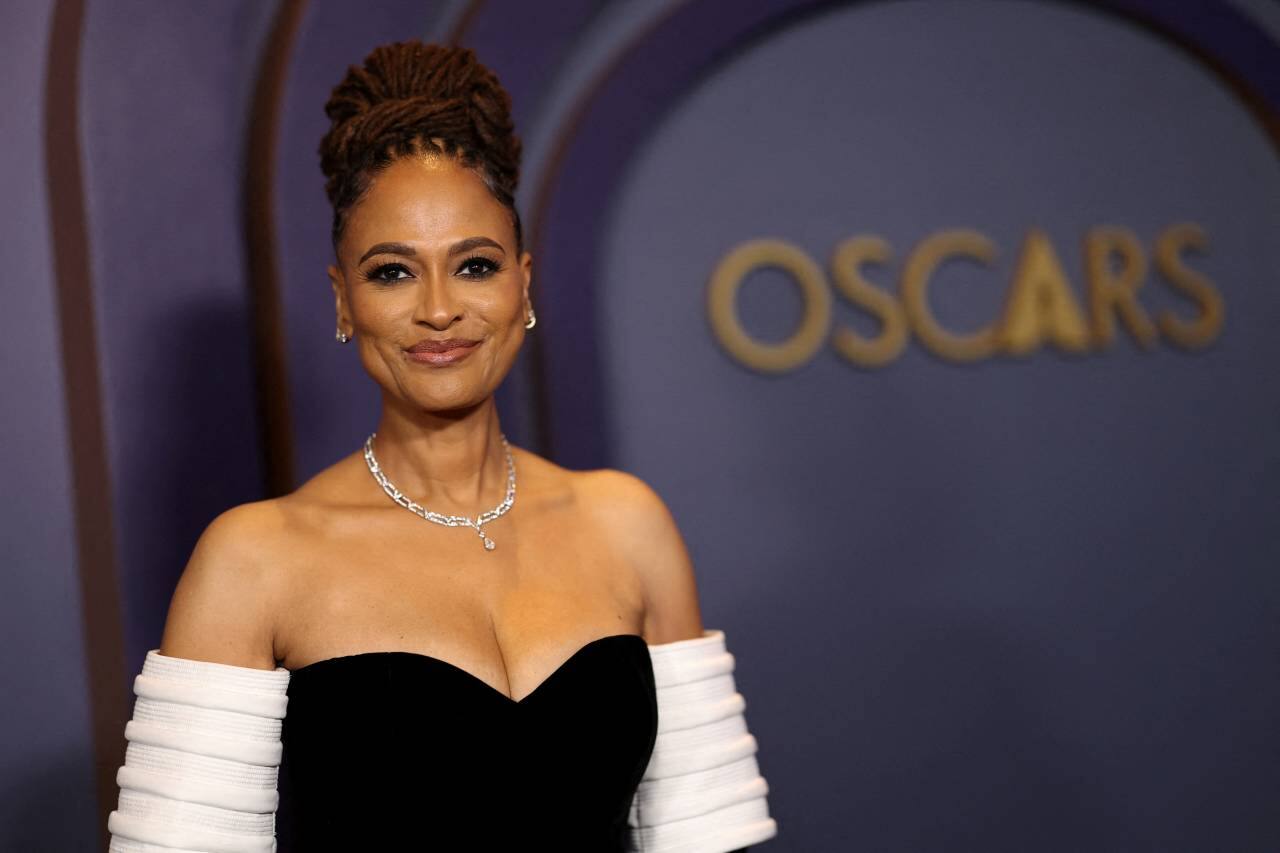 Ava DuVernay. (Photo: Mario Anzuoni via Reuters)
Ava DuVernay. (Photo: Mario Anzuoni via Reuters)
‘Don't wait for permission to do something creative,’ said Ava DuVernay, the first African American woman to be nominated for a Golden Globe for best director and the first African American woman to direct a film that was nominated for an Academy Award for best picture. Her work has made her the highest grossing Black woman director in American box office history. DuVernay film Origin — first Hollywood movie featuring Dr BR Ambedkar, the father of the Indian Constitution — at the Venice Film Festival.
In addition to directing many TV shows, commercials, and music videos, DuVernay’s films Selma and 13th received critical acclaim and multiple awards for their portrayal of racial prejudice in the US. She collaborated with Oprah Winfrey to create and direct the TV series Queen Sugar on the Oprah Winfrey Network (OWN), as well as the Disney live-action film, A Wrinkle in Time. In 2010, she started her own film distribution company called African-American Film Festival Releasing Movement (AFFRM) but rebranded it as ARRAY in 2015 to focus on racial and gender inclusion in filmmaking. She created a production crew of over 50 percent women, including 18 female department heads for OWN’s Cherish The Day. She, along with 81 other women in film, including Cate Blanchett, Jane Fonda, Agnes Varda, among others, silently walked the Cannes red carpet to represent the 82 female filmmakers whose works have appeared in the festival’s official competition since the festival’s founding. Some 1,645 male directors have seen their films selected in competition in that time. Only three of the 21 films in the running for 2018’s Palme d’Or were directed by women, while Jane Campion, for her 1993 film The Piano, remains the only woman to have won the Palme.
5. Céline Sciamma
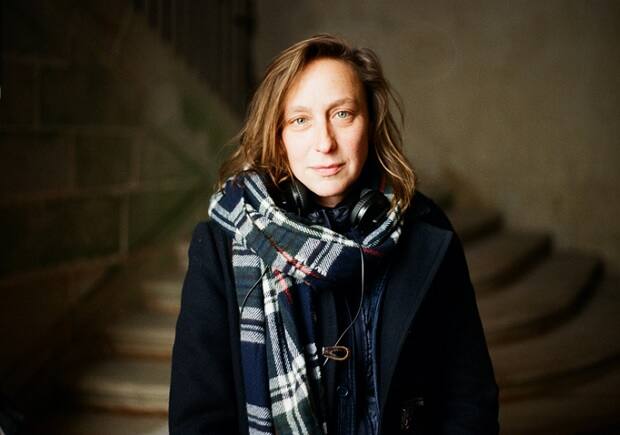 Céline Sciamma. (Photo via X)
Céline Sciamma. (Photo via X)
‘Equality depends on who’s in charge,’ said French screenwriter-director’s Céline Sciamma (Portrait of a Lady on Fire; Petite Maman) in an interview while talking about how gender parity and equality in the film world is “a political will”. a gender-nonconforming tween, a Black girl to lesbians. She brought Adèle Haenel — who’d giving up films after being sexually abused by her first director at age 12 — back to acting/films (Water Lilies). Days later, the photographer and former actress Valentine Monnier wrote an open letter in the newspaper Le Parisien stating that, at 18, she had been raped by Roman Polanski (who denies the charge). When at the 2020 César Awards ceremony, Polanski was named Best Director (An Officer and a Spy), Haenel and Sciamma, in attendance because Portrait…, which had an all-female crew, had received nine nominations, stood up and walked out of the hall. Sciamma is also a founder of the 5050x2020 movement, France’s answer to the #MeToo movement, which helped persuade the Cannes film Festival to establish an evenly split selection committee and publish its submission statistics for the first time.
6. Greta Gerwig
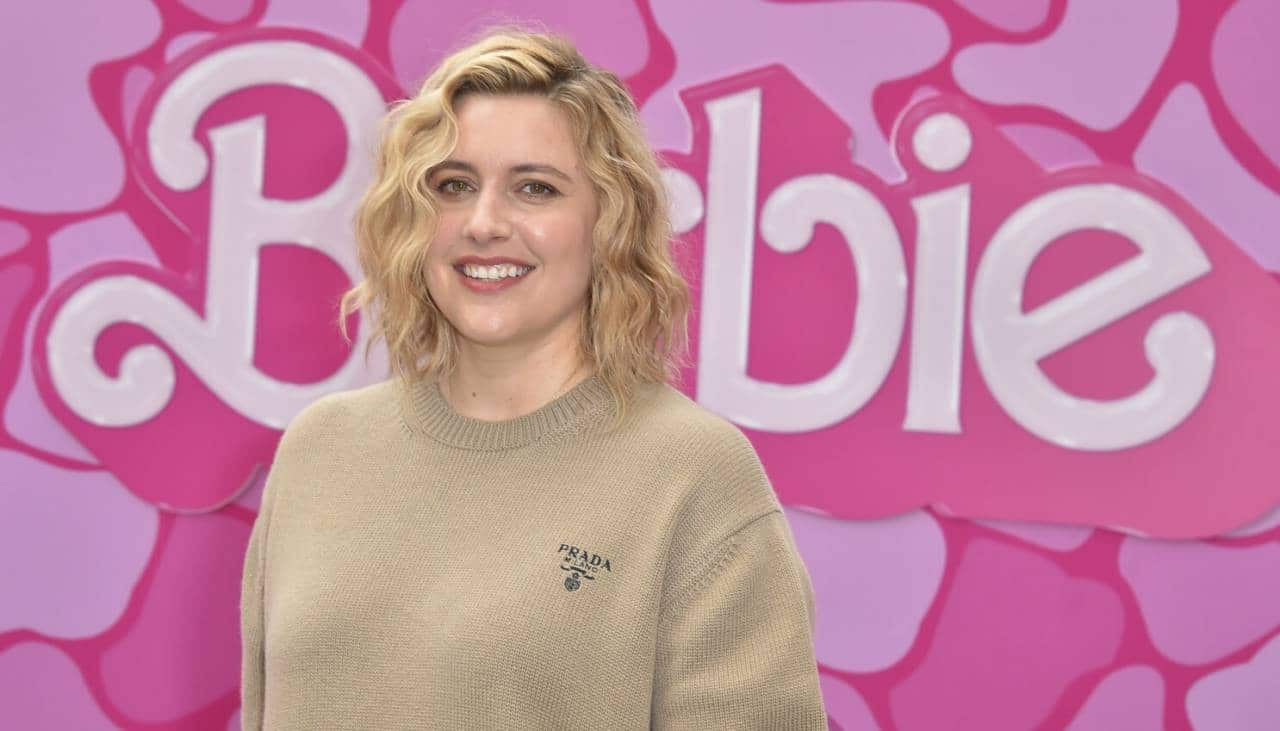 Greta Gerwig in Los Angeles. (Photo: Jordan Strauss/ Invision/ AP via X)
Greta Gerwig in Los Angeles. (Photo: Jordan Strauss/ Invision/ AP via X)
Greta Gerwig’s Barbie made history by breaking box office records last year. Barbie achieved the biggest debut ever for a film directed by a woman; with $162 million in North American ticket sales, Barbie shattered the first-weekend record for a film directed by a woman, according to Forbes. Women played a significant role in Barbie’s opening, comprising 65 per cent of the audience. A majority of men hated the film for being shown as someone with less to no agency in the film. Men basically got a taste of what female audiences have been feeling for decades watching how their gender have been represented in films by men.
The top spot was previously held by Patty Jenkins, director of Wonder Woman, which opened to $103.3 million. Captain Marvel, co-directed by Anna Boden, earned $153.4 million on its debut weekend, notes Forbes. The number of female directors of top-grossing films remains extremely small. According to Schaffer, of Women in Film, the percentage of women directing the top-grossing movies is stuck at 14 per cent. But during the silent era, women dominated the industry. There were over 30 women directors prior to 1920, who were considered equal to, if not better than, their male colleagues. Think of Devika Rani in India. She remained unparalleled.
Out of all the nominations for best director in Academy Award history, only seven, or approximately 2 per cent have been women. Only three women have won the award. Gerwig was nominated in 2017 for Lady Bird but Barbie remained un-nominated for 2024 Oscars, barring a nomination for Ryan Gosling who played Ken in the movie.
7. Reese Witherspoon
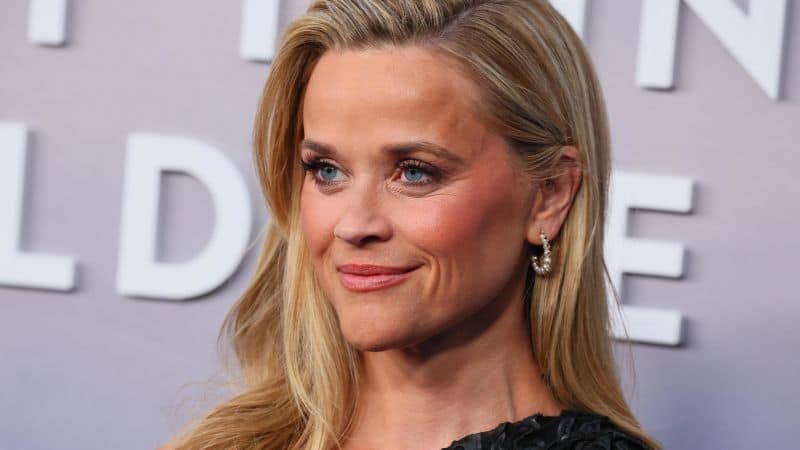 Reese Witherspoon. (Photo via X)
Reese Witherspoon. (Photo via X)
In her three-decade career, the Legally Blonde actor had said in an interview that she’s seen “the same 20 people making the same movies about the same sort of things over and over and again,” and she’s tired of it. In 2012, despite several accolades, including an Oscar, Reese Witherspoon found herself reading a script for a major studio movie that just fell flat. “The female lead…had no agency, no narrative arc,” Witherspoon had said. Witherspoon has been a vocal advocate for gender equality in her industry. Through Hello Sunshine, her media brand “anchored in storytelling, creating, and discovering content that celebrates women and puts them at the center of the story”, the award-winning actress is now working to diversify the way women are represented in entertainment to advance equality. “A man telling a story about the suffragette movement is a different thing than a woman telling it whose grandmother told her the story while she was sitting on her lap,” said Witherspoon.
8. Kristen Bell
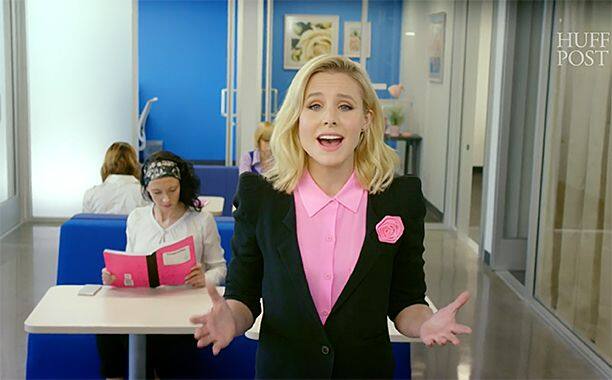 Kristen Bell on pinksourcing.
Kristen Bell on pinksourcing.
Kristen Bell featured in the first video for Huffington Post’s Celebs Have Issues series, talking about a new hiring practice called “pinksourcing”. In the video, Bell pokes fun at oppressive male-dominated businesses hiring women as a cheap alternative for labour, since white women, black women and Latina women are paid 77 cents, 60 cents and 55 cents on the dollar, respectively. In addition, women do a large portion of the “free emotional labour” required in an office (remembering birthdays, etc.), working overtime for free and being less likely to ask for a raise. The pay gap is linked to the absence of women on boards and top leaderships.
9. Emma Watson
 Emma Watson's Intersectional Feminist Book Club.
Emma Watson's Intersectional Feminist Book Club.
Emma Watson founded the Intersectional Feminist Bi-monthly Book Club, which ran from 2016 to 2020. Emma selected a book with feminist themes every two months for discussion.
10. Amy Poehler
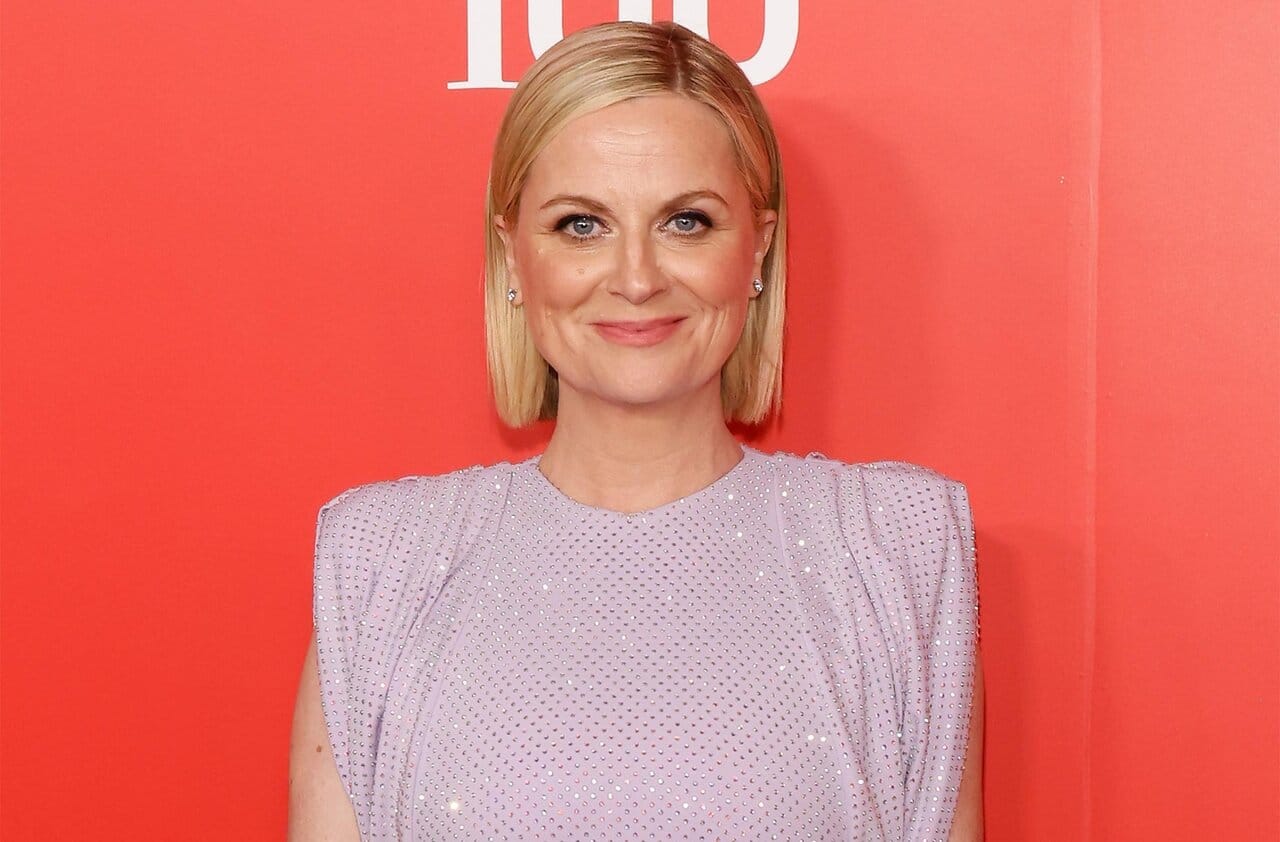 Amy Poehler. (Photo via X)
Amy Poehler. (Photo via X)
Actor Amy Poehler is also a humanitarian, active in women’s issues and serves as Ambassador for the Worldwide Orphans Foundation. She’s empowering women and girls everywhere. Through her digital series Smart Girls at the Party, Amy continues to acknowledge and support girls who are “changing the world by being themselves”.
Discover the latest Business News, Sensex, and Nifty updates. Obtain Personal Finance insights, tax queries, and expert opinions on Moneycontrol or download the Moneycontrol App to stay updated!
Find the best of Al News in one place, specially curated for you every weekend.
Stay on top of the latest tech trends and biggest startup news.